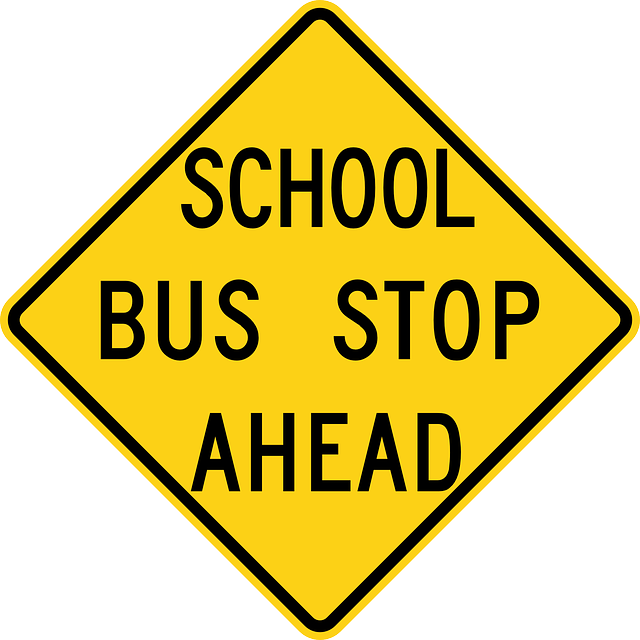Background checks for school employees are essential for creating a safe, supportive learning environment. Comprehensive investigations beyond standard qualifications help identify potential risks by verifying employment history, criminal records, and past behavior. These rigorous checks meet regulatory standards, demonstrate commitment to student safety, and foster an environment free from worry or threat. Implementing robust school employee checks includes screening academic credentials, references, and psychometric assessments, ensuring the hiring of trustworthy educators who contribute to an inclusive academic culture. Regular updates and clear policies for handling sensitive information are best practices to maintain this crucial defense against potential risks in today's digital age.
“Ensure a safe and secure learning environment with comprehensive school employee checks. This article delves into the paramount importance of background checks in education, highlighting how they safeguard students and staff from potential risks. We explore what to look for during screenings, legal implications, best practices for implementation, and strategies to maintain a positive learning atmosphere. By understanding these key aspects, institutions can prevent unqualified hiring and foster a nurturing educational setting.”
- The Importance of Background Checks in Education
- Uncovering Potential Risks: What to Look For
- Protecting Students and Staff: Legal Implications
- Implementing Effective School Employee Screening
- Best Practices for Maintaining a Safe Learning Environment
The Importance of Background Checks in Education

Background checks for school employees are an essential component of ensuring a safe and conducive learning environment. In today’s digital era, where threats can manifest in various forms, institutions must take proactive measures to vet prospective staff members. These thorough investigations go beyond basic qualifications, delving into an individual’s history to identify any red flags that could compromise student safety. By implementing rigorous school employee checks, educational facilities can prevent the hiring of unqualified or potentially harmful individuals.
The process involves verifying employment history, checking criminal records, and assessing past conduct. This multi-faceted approach allows administrators to make informed decisions, ensuring that every staff member meets the highest standards. Such measures are not just a regulatory requirement but a commitment to safeguarding the well-being of students, fostering an atmosphere where learning can flourish without worry or threat.
Uncovering Potential Risks: What to Look For

When conducting background checks for school employees, the focus should be on uncovering potential risks that could compromise the safety and well-being of students. This involves verifying the accuracy of provided information, including educational credentials, employment history, and any disciplinary actions or legal issues. Look for discrepancies or gaps in their academic records, as these may indicate false statements or underlying problems.
Pay close attention to any past employments, especially those involving child care or vulnerable populations. Check for complaints, lawsuits, or criminal charges that could suggest inappropriate behavior or unfitness for working with students. School employee checks are crucial in ensuring that qualified and trustworthy individuals are hired, fostering a secure learning environment for all.
Protecting Students and Staff: Legal Implications

Education background checks play a pivotal role in safeguarding both students and staff within educational institutions. These checks are not merely a procedural formality but a legal requirement in many jurisdictions, underscoring their importance. By screening potential and existing school employees, educators can mitigate risks associated with hiring unqualified or even dangerous individuals who may pose threats to the learning environment.
The implications of omitting thorough background verification can be severe. Legal consequences may arise from incidents involving staff misconduct, including allegations of abuse, neglect, or criminal activities. Educational institutions are legally liable for ensuring a safe space for students and staff. Therefore, implementing robust school employee checks is not just a best practice but an indispensable step to protect the vulnerable populations within their care.
Implementing Effective School Employee Screening

Implementing effective school employee screening is paramount to ensuring a safe and conducive learning environment. Educational institutions must go beyond basic background checks, employing comprehensive processes that evaluate candidates’ qualifications, skills, and suitability for their roles. This includes verifying degrees, certifications, and references, as well as assessing their understanding of educational goals and teaching methodologies.
Schools should also consider psychometric assessments and behavioral interviews to gain insights into potential teachers’ personalities, communication styles, and adaptability. By integrating these diverse evaluation methods, districts can make informed hiring decisions, selecting educators who not only meet minimum standards but actively contribute to fostering an inclusive, supportive, and enriching academic atmosphere for all students.
Best Practices for Maintaining a Safe Learning Environment

Maintaining a safe and secure learning environment is paramount for schools, and one of the most effective ways to achieve this is through robust background checks on all school employees. These checks serve as a critical first line of defense against potential risks and threats within educational institutions. Best practices involve conducting comprehensive screenings that go beyond basic verification to include criminal history, previous employment records, and references. This multi-faceted approach ensures that only individuals with suitable qualifications and integrity are entrusted with roles involving children and young adults.
Furthermore, regular updates and rescreenings should be mandated for existing staff members. As the educational landscape evolves, so do the potential risks. Keeping background checks current helps identify any new or changed circumstances that might render an individual unsuitable for their role. Schools should also establish clear policies and procedures for handling sensitive information obtained during these checks, ensuring confidentiality and compliance with relevant data protection regulations.






